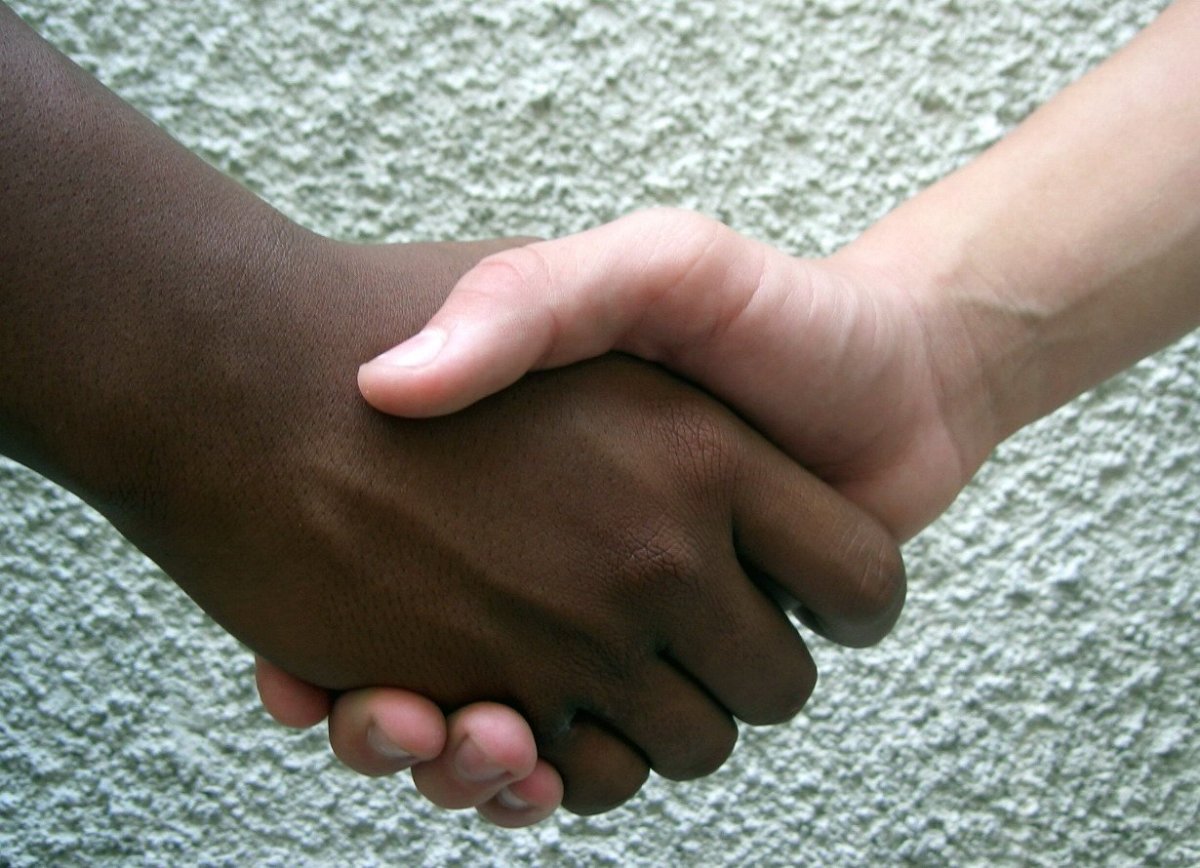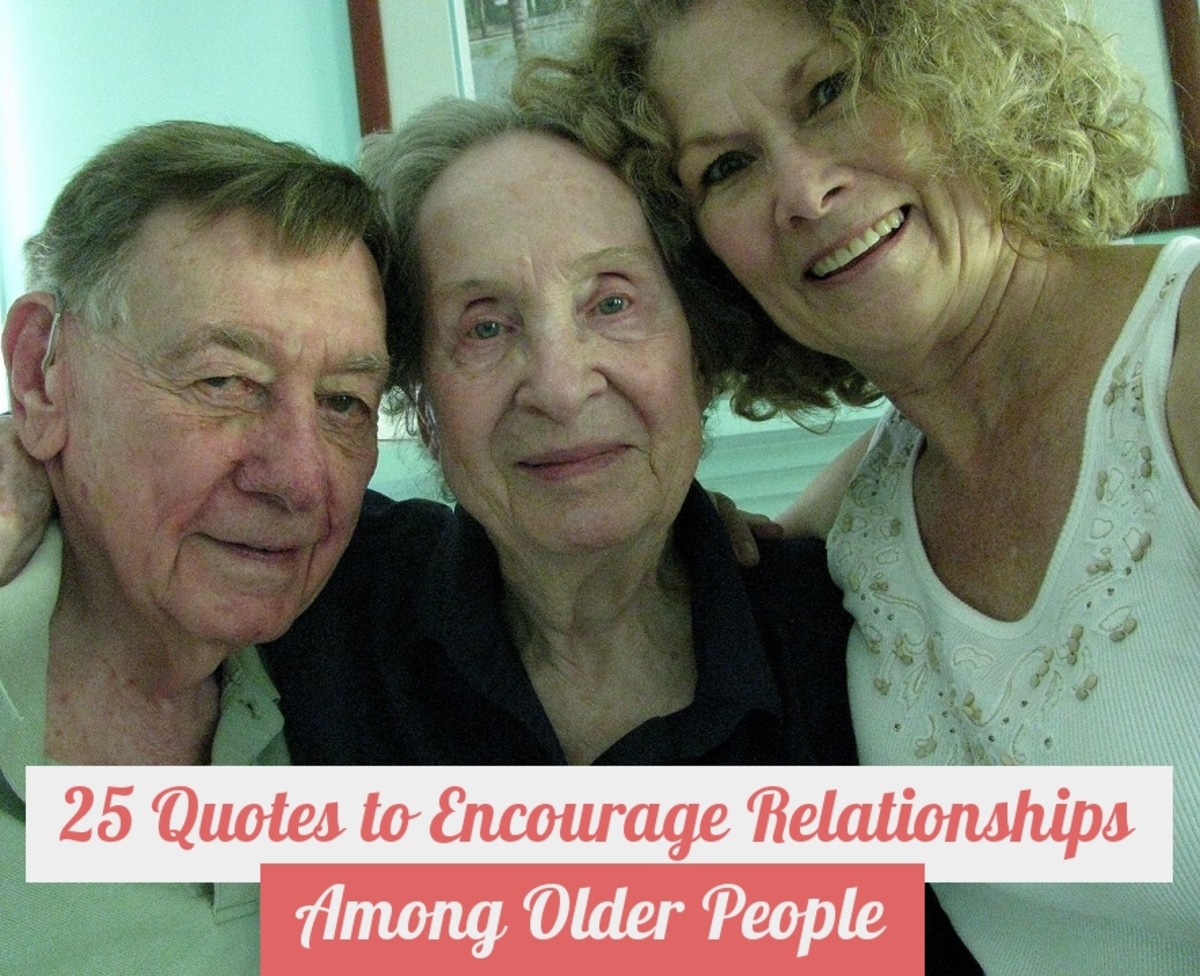Do Friends Make Us Happier People?

Proven Benefits of Friendships
It has been proven through the ages that strong friendships have a positive effect on our quality of life. Friends do so much for us. They fill emotional space left by family members and add a dimension to our lives that enrich and impact us in ways that few of can adequately put into words. Friendships are unique, intimate and very personal. It gives us emotional support, companionship, improves our well being adds a context that reaps great happiness and benefits us emotionally, physically, socially, and mentally.
Friends Validate Us
Having friends validates that we are valuable people. These relationships help us feel like we are worthy. When we are happier, we feel more confident. When we are more confident, we are more optimistic, and more energetic, which makes us more attractive to others. We benefit socially, emotionally, and our own self perceptions yield more positive results for ourselves.
Not all of our friends are equal. We have best friends who we feel very close to, close friends, and friends who we are not as close to, yet they all play a meaningful and functional roles that fill important needs. Friends are our confidants, we share bonds and gain deeply from these relationships. All friends add a healthy balance that enable us to experience life in a richer and more satisfying way. Friendships make us healthier and happier.
Women engage in friendships different than men. Men tend to interact with other men through shared activities such as sporting events. Women engage in activities with other women and men by sharing experiences. Men will confide in women, and women will confide in women. Friendships get better as we get older, until we get to the point in our lives that the diversity and age of friendships begin to decline. Women tend to develop tighter relationships.
Friends Are Good for Us in Many Ways
Friendships require attention with an ongoing basis. Good friendships are a two way street. We need to pay attention to what is going on in their lives, just as we appreciate them being sharing in ours. There is no substitute for being able to confide deeply in a close friend. Valuing our friendships makes us happier people.
There is much evidence that there is a strong correlation, a cause and effect, that raises our happiness and success levels in many aspects. Our well being is associated with our own good feelings, and positive self perception. We reap benefits such as social connections, a stronger immune system, and better coping skills. It is interesting to note that studies have shown, it is our own happiness that precedes good friendships. A positive outlook most often leads to successful outcomes. Postitive people tend to have more fulfilling marriages, and healthier relationships.
Harvard University conducted a study beginning in 1937 that followed 268 undergraduate students through the most intimate details of their lives. Although there is no set formula, love and relationships appeared to be the most powerful ingredient to achieving happiness in their lives. It is not the number of friends we have, it is the quality of our relationshops. Along our path in life, we acquire new friends. It is our experiences that create opportunities to meet people and develop intimate bonds.
Friendships and Happiness
“You can’t choose your relatives, but you can choose your friends”
People who are happier have close friends. It is not clear to researchers if it is the friends that make us happy or we make friends because we feel happy. Nurturing our relationships to keep these friends is integral to our health. In one study done by Nottingham University, more than 1,700 people were interviewed about their quality of satisfaction and the quality of their friendships. The researchers found that childhood friends tend to make us happier than those who become our friends as we get older. One study tracked 5,000 people over a 20 year time period. The study showed when one person becomes happy it can actually spread to three layers of separation to their friends and other friends friends. The positive effects can last up a year.
Sadness and misery does not have the same widespread effect. Researchers found that when a person becomes happy, a friend who lives within a mile will experience a 25% increased chance of becoming happy too. A spouse will experience an 8%$ increased happiness chance. Siblings located within one mile tend to have a 14% chance of happiness increasing. Next door neighbors have a 34% increased chance of feeling happier. What was surprising about this study is that friends of friends experienced almost a 10% chance of feeling happier. That friend of a friend’s friend also had an almost 6% chance of increased happiness. Time, space, and distance impacts these effects. The friend that lives closer the you will have a stronger chance of feeling the happiness you feel. The further away a friend lives, the more the effect dissapates.
“What we do for ourselves dies with us. What we do for others and the world remains and is immortal.” ~ Albert Pine

Social Connections Lower Stress
Having friends helps us be part of a bigger group, a community and studies have shown people are happier with other people than when they are by themselves.
Social connections benefits us by having lower stress related health issues. We recuperate faster and have a lower risk of emotional and mental problems.
Friends give us support in our lifestyle. When we have a healthy lifestyle, the support of friends helps us increase this even more.
If we are happier being around the company of friends, than we become more fun, creating a situation where more people want to be our friends.
We derive pleasure from close relationships.
Even going back to Ancient Greece, Aristotle noted that we are social animals.
Our need to belong goes back to evolutionary times, when our and our children’s survival increased by being part of a social community. The deep need to belong is based on greater success from hunting and caregiving in groups.
Studies confirm people who have social connections have better health. Those who are affected by illness do much better when they have close relationships.
Our Innate Need to Belong
We have an innate need to belong, to give support and get support from others. Having friends to bounce your ideas off of, to share your thoughts, and to confide in, without doubt make people happier. Friendships help us take joy in life, close relationships help lengthen our years, boost our immunity, ward off depression and help us build better habits like stopping smoking.
Happiness comes from nourishing ourselves deep within. We seek pleasure from immediate gratification, which is fleeting. We seek happiness from that which has more permanence, that which helps us to thrive and flourish. Friends help us be better than we are by ourselves, because it is with true friends we share our real selves. Over the past decades, research has shown that Americans have a smaller circle of close friends. In the last 20 years, the number of individuals who have no close friends to confide in has nearly doubled.
So help yourself feel a little happier today and call a friend.











